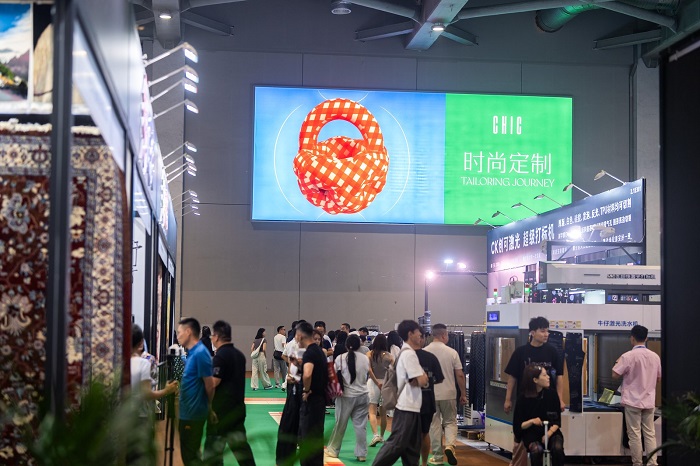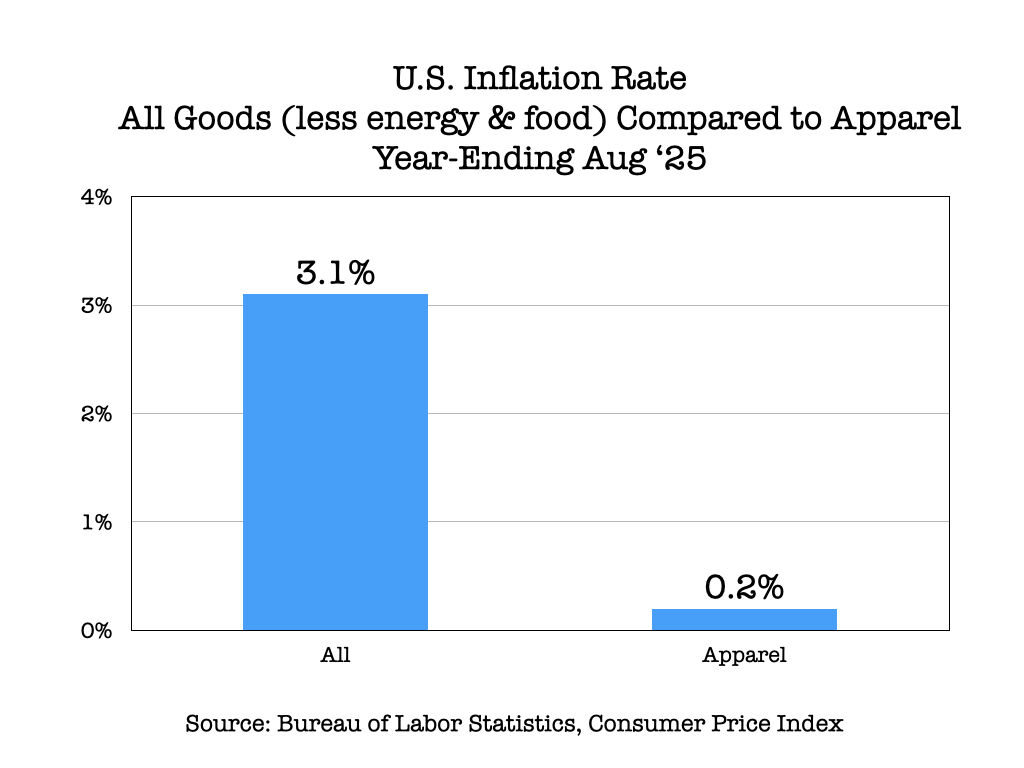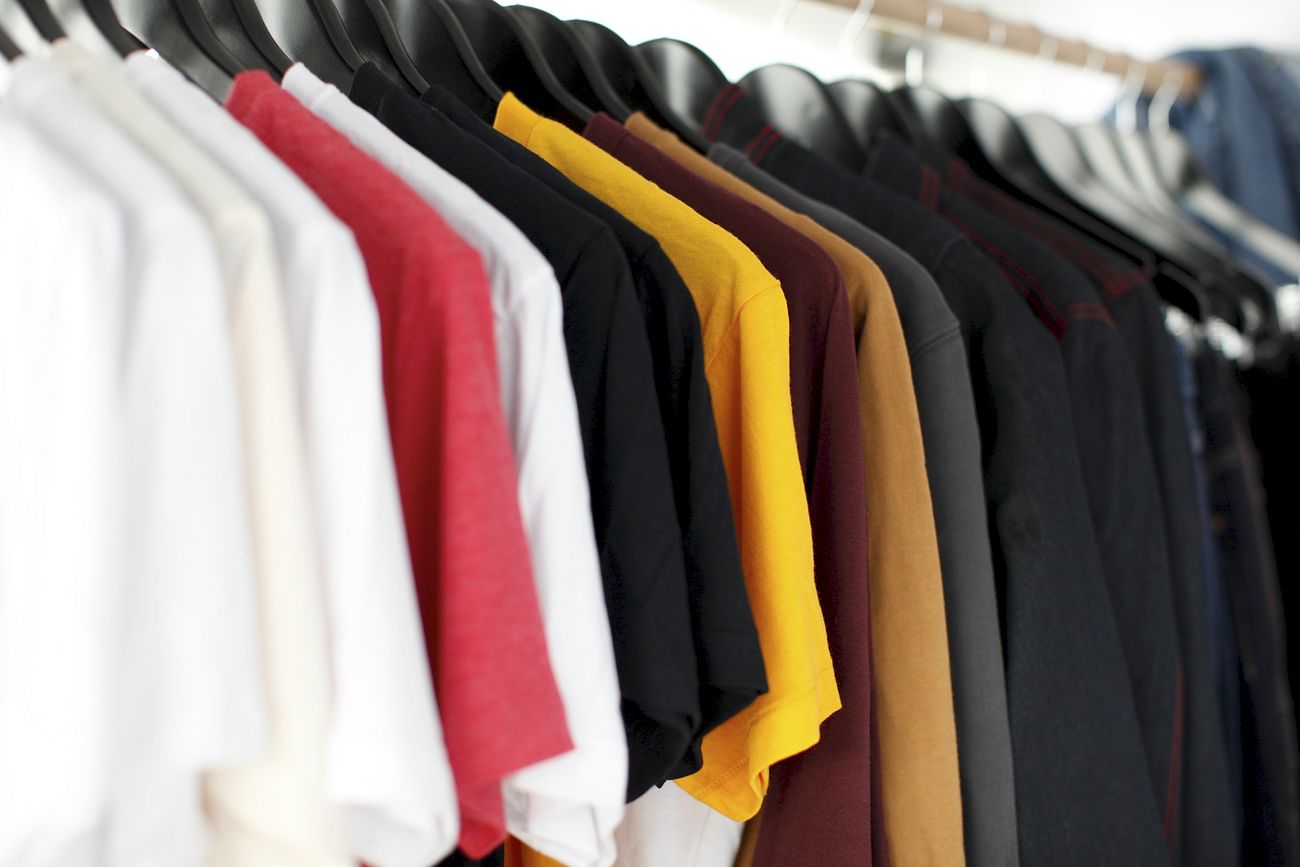FW
A Division Bench (DB) of the Delhi High Court recently invalidated a patent granted to Monsanto Technology LLC for its invention related to the gene sequence responsible for the Bt trait eradicating pests afflicting cotton plants. As per the Court, the gene sequence has been held to be a part of the seed, and hence unpatentable in terms of Section 3(j) of the Patents Act, 1970.
The verdict of the DB is likely to adversely affect the jurisprudence of patentability of biological inventions in India. The judgment appeals for integrating scientific and technical expertise into the judicial processes, especially in patent disputes that inherently involve perplexing scientific issues. Monsanto has appealed against the DB judgment in the Supreme Court which has posted it for July.
Maharashtra will give spinning and textile mills subsidies to set up solar power plants.
Details of the proposed subsidy, the criteria to declare units eligible for subsidy and a plan for implementation are being worked out.
In the new Textile policy 2018-23, approved in February, the decision was taken to give a power subsidy of Rs 3 per unit to cooperative spinning mills for three years. Within this period of three years, the cooperative spinning mills and textile projects are expected to set up non-conventional power projects in their premises to fulfil their power needs.
The subsidy will be reviewed every year to reduce the overall burden.
One of the major reasons spinning mills incur losses is the higher power tariffs in Maharashtra compared to other states. So spinning mills are being encouraged to set up solar power plants. These, it is hoped, will reduce the power bills.
Maharashtra has a capital subsidy for upcoming self-financed projects in the state. Spinning mills, cotton ginning, processing and printing units will get a 35 per cent capital subsidy, technical textiles and composite units will be given a 30 per cent capital subsidy, and powerloom and other textile related units will get a 25 per cent capital subsidy.
According to the Bangladesh Textile Mills Association (BTMA), over Tk 25,000 crore worth of yarn and fabrics have remained unsold in the last five months due to sudden deluge of low-cost Chinese and Indian substitutes in the local markets ahead of Eid.
The majority of the demand is being met by the Chinese and Indian yarn and fabrics, which are imported under bond licences and illegally sold in the domestic market by a section of unscrupulous traders enabled by the lax monitoring by the customs department.
These yarns and fabrics are used to make saris, salwar suits, bed sheets, scarves, lungis, the local yarn makers and weavers sell Tk 25,000 crore to Tk 30,000 crore worth of products ahead of Eid-ul-Fitr and Eid-ul-Azha.
The goods imported under bond licences are not allowed to be sold in the local market as those are imported duty-free for exporting to different countries after processing in factories.
According to the Central Bank Statistics, net inflow of FDI from South Korea in the textile and weaving sector surpassed $100 million.
Korean companies invested $103.05 million in Bangladeshi textile and weaving sector in 2017, which was $100.83 million in 2016.
Total FDI in net terms from South Korea stood at $179.80 million in the past year, which was $151.33 million in 2016.
FDI stock from the country had reached $1088.52 million up until 2017. Out of this total stock, around $877.71 million went to the textile sector alone during the period under review.
According to the data from Export Promotion Bureau , China’s export earnings from India in the July-April period of the current financial year 2017-18 surged by 20.73 per cent riding on a 115.18 per cent growth in readymade garment exports.
However, India’s export earnings from China, plunged by 30.59 per cent during the period due to the poor performance of leather and leather goods sector.
Overall export earnings from India in the first 10 months of the FY 18 increased to $701.55 million from $581.10 million in the same period of FY 17. Readymade garment export to India in the July-April period of FY grew to $225.57 million from $104.83 million in the last fiscal.
The export of leather and leather products t to China decreased as the country was relocating its labour intensive production to other countries and importing from there due to increase of production cost in China.
Garment manufacturers and exporters of Pakistan want an extension of the incentive package for another two years.This is in view of the ballooning trade deficit.
The incentive package, announced in 2017, is aimed at achieving the objective of export-led growth. The removal of customs duty and sales tax on the import of cotton is the major attraction of the package. Customs duty on man-made fibers, excluding polyester, and sales tax levied on the import of textile machinery have also been scrapped.
The issue of delay in release of tax refunds has also been raised by the industry. As a result of the delay in refunds, more than 30 per cent of the cash flow is blocked now.
The textile industry in Pakistan contributes 57 per cent to the country’s exports.
The country is working on upgrading its supply chain, improving productivity, and maximising value addition.
The growth in textile and clothing exports of Pakistan has enhanced the country’s overall exports. These results have been achieved due to export-friendly policies and renewed efforts toward seeking better market access. The positive trend in the international demand and exchange rate correction are also expected to help sustain this rising trend in the coming months.
Indorama will acquire a 65.72 per cent stake in Avgol. Avgol Industries, based in Israel, is a hygienic fabric company. Indorama is a chemical fibre producer and a manufacturer of yarns.
The deal is expected to be completed during the second half of 2018.
Avgol manufactures nonwoven fabrics for diapers and feminine hygiene products. The company employs around 900 people across 18 global manufacturing plants, including in North Carolina, Russia, and China, with a combined production capacity of 2,03,000 tons a year. In July 2017, the company sold one of its Israeli factories.
The acquisition is intended to strengthen Indorama’s leadership position in the personal hygiene-oriented nonwovens market, which it considers a high growth segment. Indorama will build on Avgol’s established client base, capabilities and substantial presence in high-growth markets.
Avgol has already made some significant investments to grow the business by expanding its production capacity and geographical footprint.
The hygiene industry is the largest consumer of disposal nonwoven fabric.
Founded in 1994 by Indian businessman Aloke Lohia and employing over 15,000 people, Indorama reported revenues of 8.43 billion dollars and ebitda of around a billion dollars for 2017.
The acquisition gives Avgol a company valuation of around 480 million dollars.
According to a recent CII-PwC report, over 140 Indian companies have collectively invested close to $4 billion in South Africa, leading to the employment of over 18,000 people.
Companies have contributed beyond foreign direct investment (FDI) and have also taken initiatives for skill development and corporate social responsibility.
The report has predicted an increase in the Indian business footprint in South Africa.
According to the report, bilateral trade between India and South Africa had increased to $11.79 billion in 2014-15 from $2.5 billion in 2003-04.
The trade had reduced slightly in 2015-16 to $9.5 billion owing to factors like credit rating downgrade of South Africa, political, economic and policy uncertainty and fluctuations in exchange rate.
GST has hit not only the power loom sector in Surat but even the textile processing sector.Most textile dyeing and printing mills have reduced the production of finished fabrics by almost 40 per cent due to recession, money crisis and weavers’ drastically reducing the production of grey fabrics.
The cost of raw material required for processing of grey fabrics has shot up by almost 30 per cent. Besides textile mill owners were compelled to increase wages of textile workers on May 1. Much of the textile workforce has moved out of the city to attend marriages and other social events in their hometowns.
The workers who stayed back demanded a wage hike as they had to work full-time to meet production needs in the factories.
Textile processors have been facing a severe liquidity crunch as textile traders have been delaying payments up to 100 days for various reasons, including recession, slowdown in fabric demand etc. Processors have increased job charges by almost 15 per cent to cope with the losses.
Power loom weavers are operating their units for just eight hours, which means the production of grey fabrics has come down to just 15 million meters a day.
Apparel manufacturer, Sterling Group Holdings, is seeking a listing on the stock exchange in Hong Kong. The group, which supplies international apparel brands in the United States and Europe including the UK and Spain, recently ventured into the business uniform market by supplying flight crew uniforms for US airlines.
It’s confirmed sales orders from all customers for the seven months ended September 30, 2018 amounted to around HK$295 million, of which 29 percent are from new customers.
Sterling operates three production facilities, representing 30 percent of its total sales volume .
The group aims to convert more of its outsourcing to in-house production by purchasing additional machinery for production facilities and factories in its base in China and Sri Lanka.
It reported net profit of HK$31.1 million in 2017, a 117 percent increase from 2015, while revenue grew by 45 percent to HK$671 million during the period.












